Embracing The Authentic Self
Clients often present with a pattern of 3 distinct styles of coping
2. Blocking emotions and masking, can lead to burn out, disconnection and isolation.
3. Embracing the authentic self – establishing a healthy self-concept to foster genuine connections with the self and others
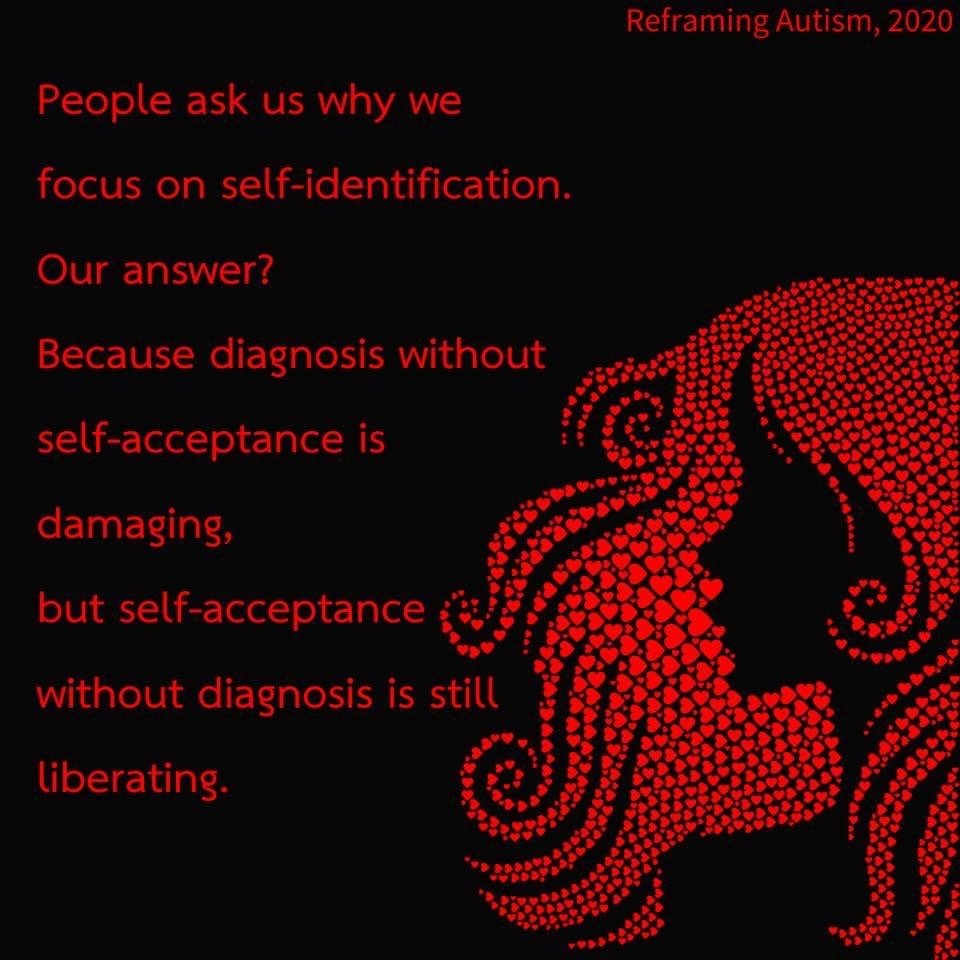
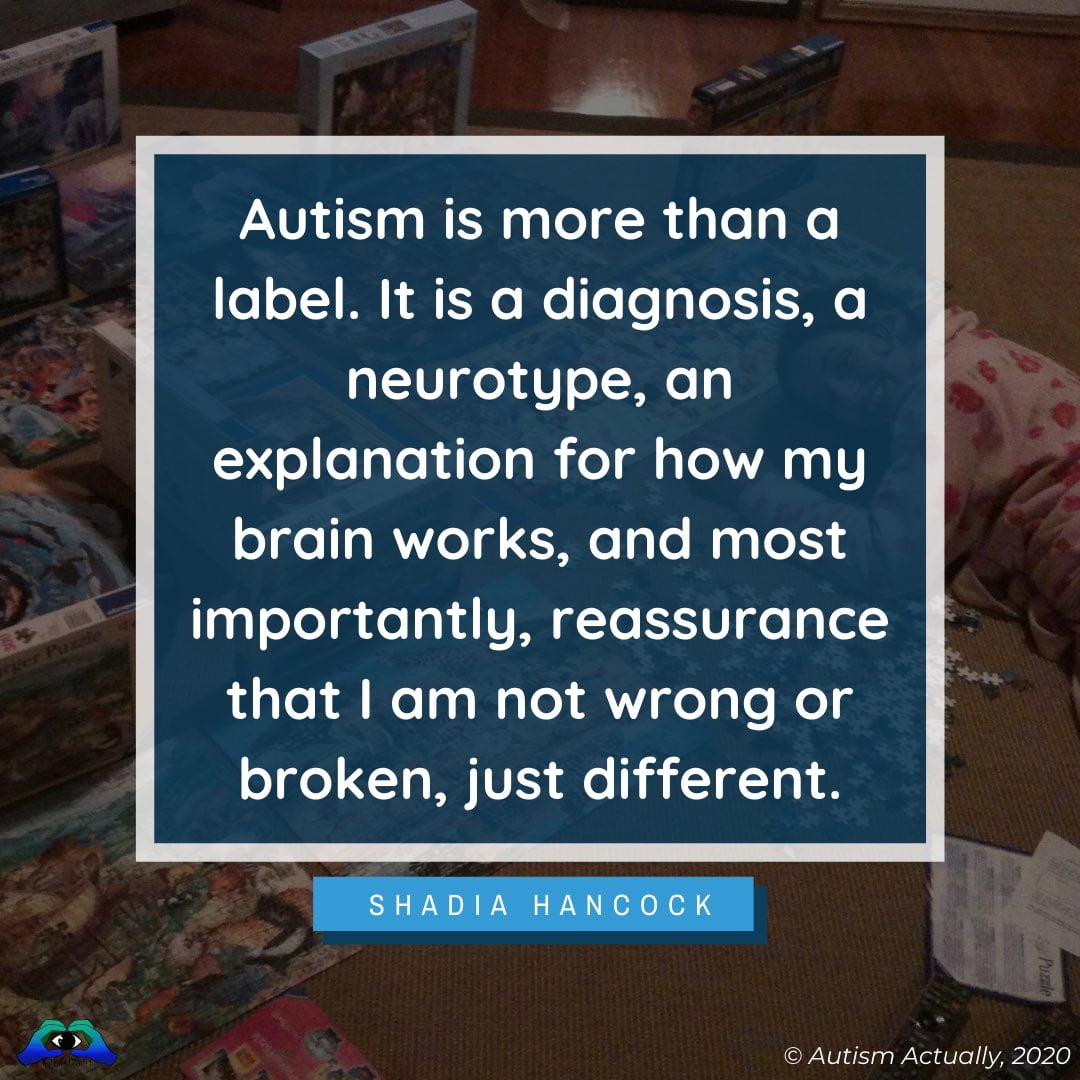
From my experience practicing as a Doctor in Clinical Psychology and doctorate research (designing the Increasing Resilience to Cyber Bullying Program), I have learnt that one of the most important tools for building resilience is promoting a healthy self-concept (embracing the authentic self). When you build a healthy self-concept, clients are eager to learn and are more likely to develop a self-compassionate mindset that acknowledges that support is vital and needed. It further promotes a sense of purpose, in which clients feel empowered to embrace their unique strengths and abilities to contribute to society in ways that feel authentic and meaningful to them. Neurodivergent clients have an admirable level of psychological grit.
As part of self care it is important to do more of what fills your cup (to recharge and feel alive) and try to do less of the things that lead to social fatigue and/or burnt out. It is OK to give yourself permission to feel what you feel. It is OK to take time out if you need. It is OK to have request accommodations. It is OK to cancel commitments, leave early or not answer a call. It is OK to want to be alone. It is OK to engage in stimming behaviours that are helpful. It is OK to be assertive and set boundaries. Other people can request you fit into their box however please acknowledge that their box says more about their limits then it does about your limits.
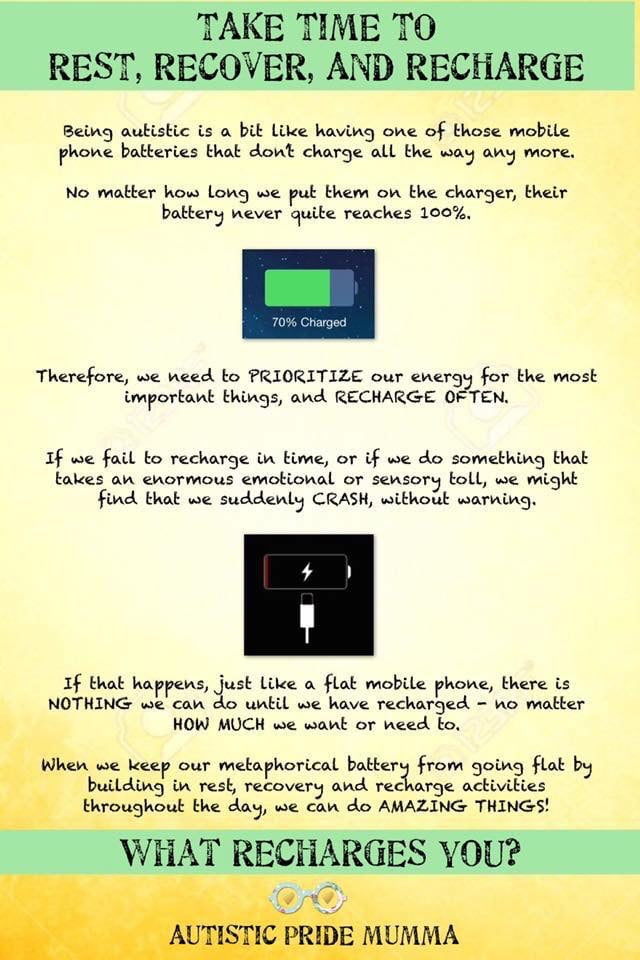
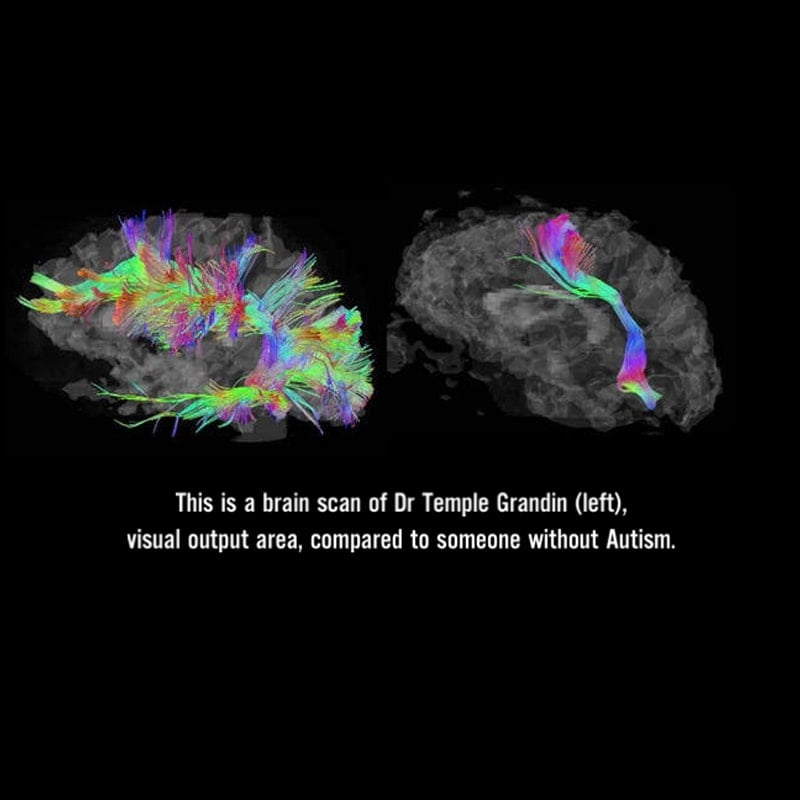
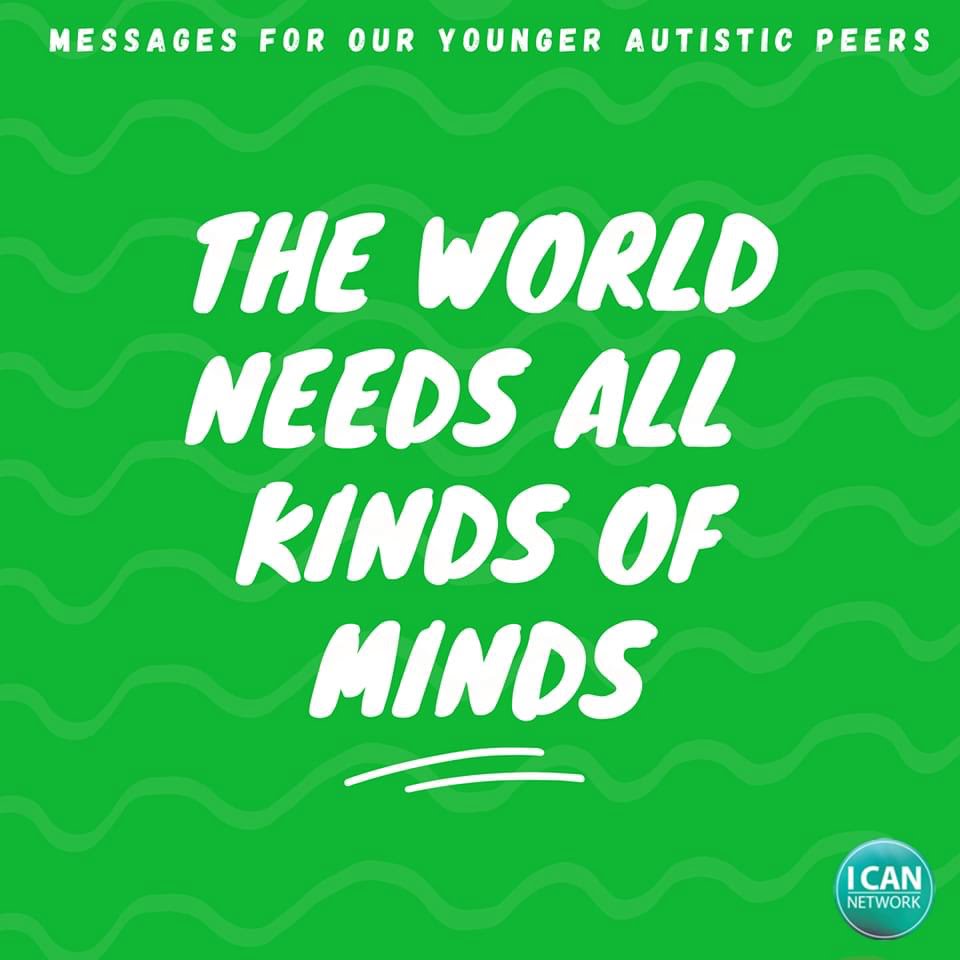
Please find below insights about authenticity and Autism, Written by Bulluss and Sesterka
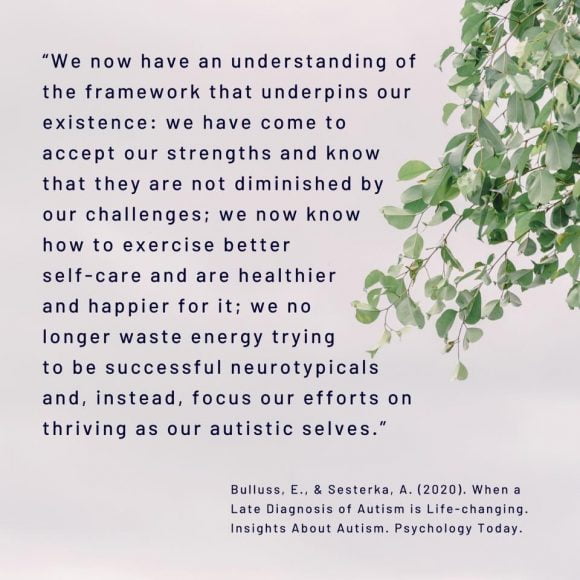
Please find below articles of a lived experience of Autistic females
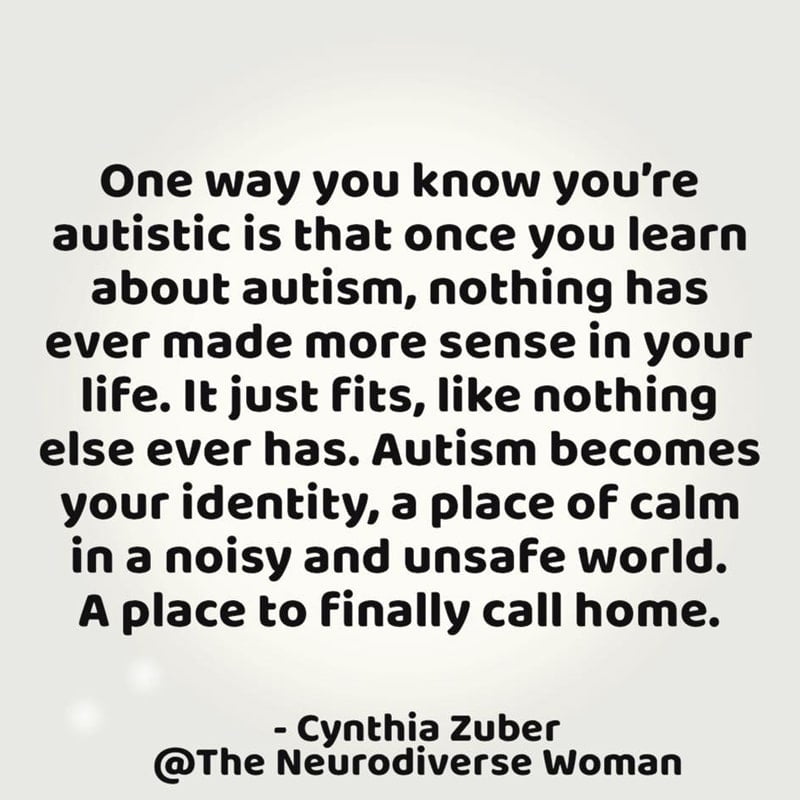
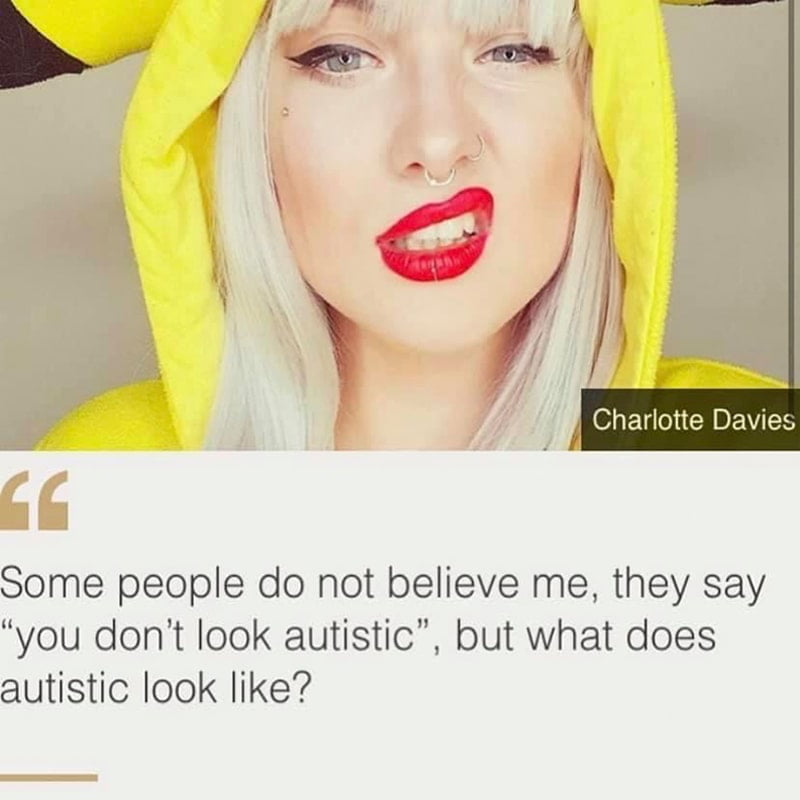
Please find below links (Parts one and two) of a symposium on Good Mental Health for Autistic Girls and Women – produced by Yellow Ladybugs.
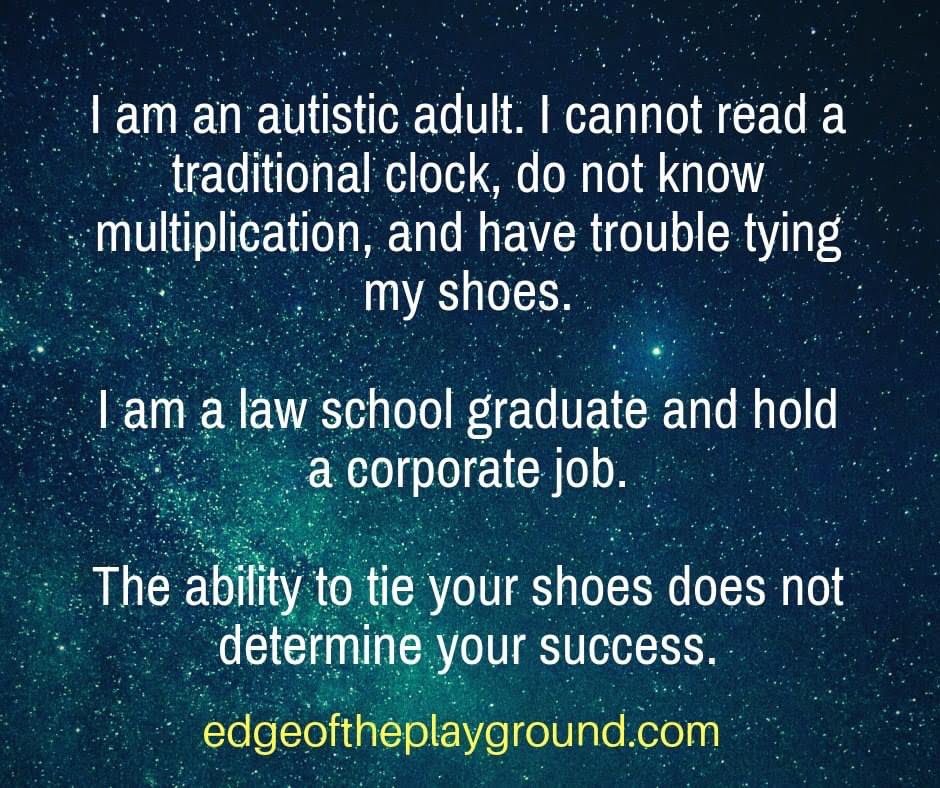

For Autistic children, meltdowns may eventuate when the child has exhausted their strategies for responding, including seeking help. It is important to acknowledge the child’s inner world (emotional attunement) and allow yourself permission to leave a situation (e.g., challenge the notion that it is not acceptable to leave an event early) and/or advocate for appropriate accommodations. There is a wealth of excellent literature on the benefits of emotional attunement (in terms of self-regulation, attachment styles, sense of self). Whilst all children must learn to emotionally self-regulate, this skill is critically important for Autistic children, as they are more susceptible to emotional contagion (the tendency to absorb, catch or be influenced by other people’s feelings) and benefit greatly from validating their experience.

Please see below Articles written by Cadence – Autism through a child’s eyes https://iamcadence.com/2020/06/06/my-ingredients/
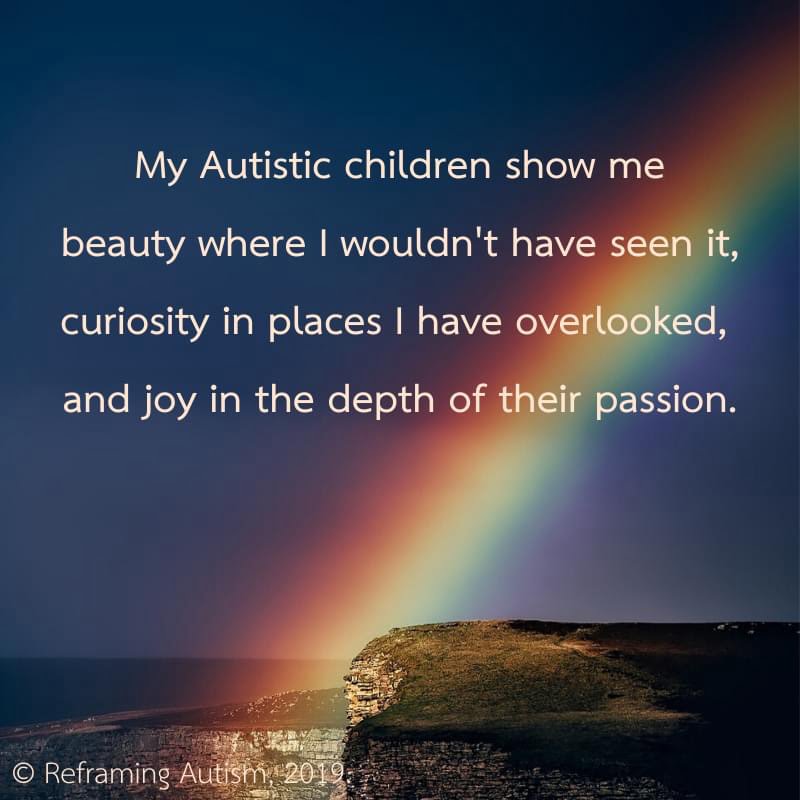
Please find below articles that may be of interest – ASD and Eating Disorders (ARFID-Avoidant Restrictive Food Intake Disorder).
The Functional Legacy Mindset™ approach was designed by Dr Kerry Chillemi (Clinical Psychologist) to:
- Educate people on how different minds function (to embrace their strengths) and the legacy of such minds in terms of the benefits to society. The different minds that will be discussed includes; The Focused Mind, The Awe of the Autistic Mind, The Problem-Solving Mind, The Existential Mind, and The Entrepreneurial Mind.
- Acknowledge the contributions and richness (the unique constellations of strengths and challenges) of each of these minds and advocate for accommodations in schools and workplaces.
- Explain how the narratives that dominate these minds plays an important role in the mental health and wellbeing of our clients. The theory of a Functional Legacy Mindset™ approach is grounded by the therapeutic benefits of integrating a healthy sense of self (embracing the authentic self).
- Educate people that blocking your emotions and masking (repression of emotions and camouflaging) can lead to burn out. Diagnosis provides understanding, resources and support.
- Address environmental factors that may be adversely impacting different minds and propose that the way forward is to systematically process information obtained from the lived experience of neurodivergent clients to learn more about the adverse impact of blocking and masking.

